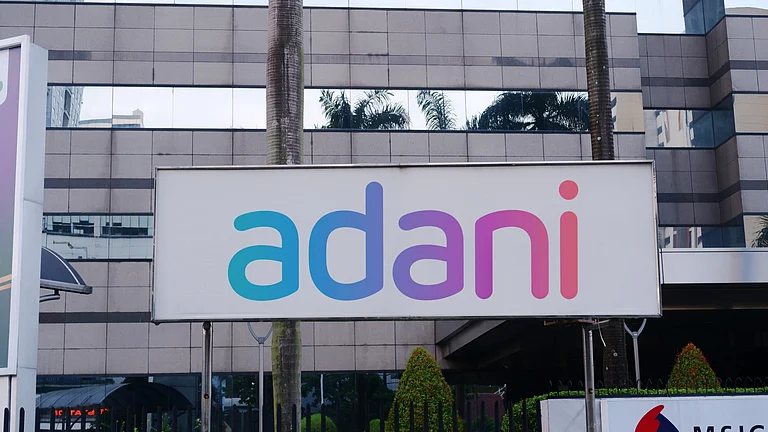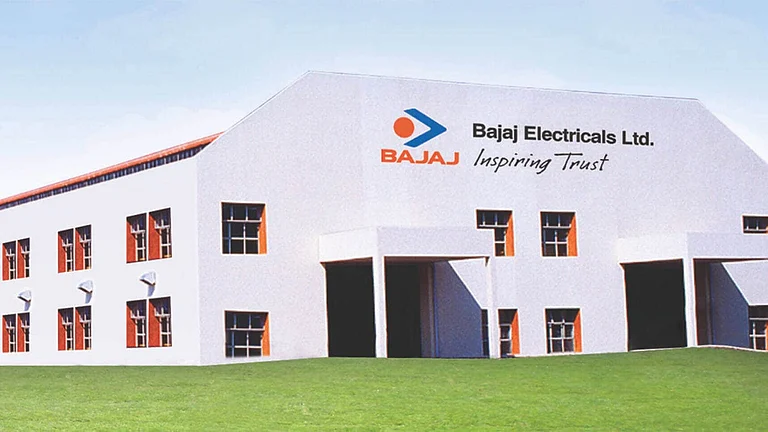India is home to about 20 of the world’s oldest and most successful brands that have weathered the tide over the last 100 years by evolving their strategies to the changing market. We explored the brand strategies of five of these legacy Indian brands that have time and again fascinated the world through their multiple innovative, sustainable and customer-centric strategies to stay relevant and competitive even today. ITC, Tata Steel, Bank of Baroda, Tata Power and Tata Coffee have turned headwinds into tailwinds to enjoy sectoral dominance and offer valuable insights for other businesses to build a strong and evergreen brand identity and multi-generational relationships with customers. Key trends that stood out across these were: expanding into new businesses along with dominating their primary business, making bold bets to drive inorganic growth, digitalisation and their stakeholder-driven approach, be it customers or employees being ambassadors of the organisation.
Expanding Business Lines and Product Portfolio
These brands share a common thread—recognising the need to mitigate risks associated with singular product lines and proactively adapting to market dynamics. ITC, originally the Imperial Tobacco Company of India Limited, underwent a remarkable metamorphosis, transitioning from a tobacco-centric entity to a diversified FMCG enterprise. ITC successfully expanded its foothold within the packaged food industry, boasting esteemed brands such as Aashirvaad, Sunfeast, and Yippee! while simultaneously offering a wide range of personal care products through Fiama, Vivel and Engage. By broadening its purview to encompass the hospitality sector through the launch of ITC Hotels, the company highlighted its commitment to delivering exceptional customer experiences. Similarly, Tata Steel, once focused solely on steel production, strategically diversified into various sectors, including manufacturing, engineering, automotive, infrastructure and construction. These transformations allowed these brands to expand their market presence, reduce dependence on specific industries and tap into new growth opportunities. Tata Steel also ventured into the global minerals business and diversified its operations to include manufacturing, engineering and infrastructure projects. Tata Coffee’s growth is fuelled similarly, by providing a diverse product portfolio which caters to a wide range of consumer preferences and offering premium coffee experiences across various segments. These strategic expansions have allowed these brands to cater to diverse customer needs and establish themselves as market leaders.
Making Bold Bets
Bank of Baroda’s acquisition of India Debt Resolution Company Ltd and Union Bank of India’s stake in IndiaFirst Life Insurance Company exemplify the bank’s strategic focus on expanding its capabilities and providing comprehensive financial solutions to its customers. Tata Coffee’s growth has been propelled by strategic acquisitions that have expanded its reach and strengthened its market position. One notable acquisition in 2006 was the purchase of the Eight O’clock Coffee Company in the United States from Gryphon Investors. This acquisition assisted Tata Coffee in entering the branded whole bean market, where Eight O’clock Coffee Company held a leadership position in the value gourmet segment. Tata Steel’s acquisitions of Corus Steel, Essar Steel India and NatSteel Asia allowed the company to access new markets, expand its customer base and enhance its product offerings. These non-organic growth strategies have propelled these brands to new heights and solidified their market positions.
Embracing Innovative Technologies
The advent of the 21st century ushered in a major transformation of business processes, as organisations increasingly adopted digital technologies to streamline operations and improve efficiency. Bank of Baroda, an established bank serving public sector undertakings (PSUs), recognised the need to evolve in the face of digital disruption. By shifting its focus to becoming a customer-centric, digital-first bank, Bank of Baroda has undergone a remarkable transformation. The bank invested in robust digital infrastructure, introducing innovative digital banking platforms, mobile wallets and contactless payment solutions. Through data analytics and AI-powered solutions, the bank has been able to personalise customer experiences and offer tailored financial solutions. By embracing digital transformation, it has expanded its customer base beyond PSUs, catering to the evolving needs of a wider range of customers.
Driving Sustainability
As sustainability became a critical aspect of business, these brands demonstrated their commitment to responsible practices. Tata Power has evolved its brand strategy to align with the global shift towards clean and sustainable energy sources. The company has invested in renewable energy projects, including solar and wind power, and has been actively promoting the adoption of green energy solutions. Tata Steel has gone above and beyond to serve the community, providing essential supplies, counselling and livelihood support. The Tata Group is considered a benchmark in employee governance because of its strong commitment to employee welfare and its focus on creating a positive and productive work environment. They have played a pivotal role in community development in the steel townships of Jamshedpur and Kalinganagar, making significant contributions to the construction of infrastructure, schools, hospitals and other essential facilities. Moreover, the company has implemented various policies and practices that foster employee engagement, growth and overall well-being.
The evolutionary tales of these Indian brands—ITC, Tata Steel, Tata Power, Bank of Baroda and Tata Coffee—have great learnings for longevity of businesses. These brands have harnessed the power of diversification, expanded their product portfolios and embraced sustainability to establish themselves as industry leaders. Their strategic acquisitions and collaborations have enabled them to drive growth and tap into new markets. Furthermore, their adaptability and customer-centric approaches have allowed them to thrive amidst changing market dynamics. As these brands continue to evolve and shape the future, their stories serve as valuable lessons for businesses worldwide, emphasising the importance of customer-centricity, bold strategic decisions and embracing transformative growth to navigate the ever-changing winds of the market.
(Barnik Maitra is the managing partner of management consulting firm Arthur D. Little, India & South Asia)


























